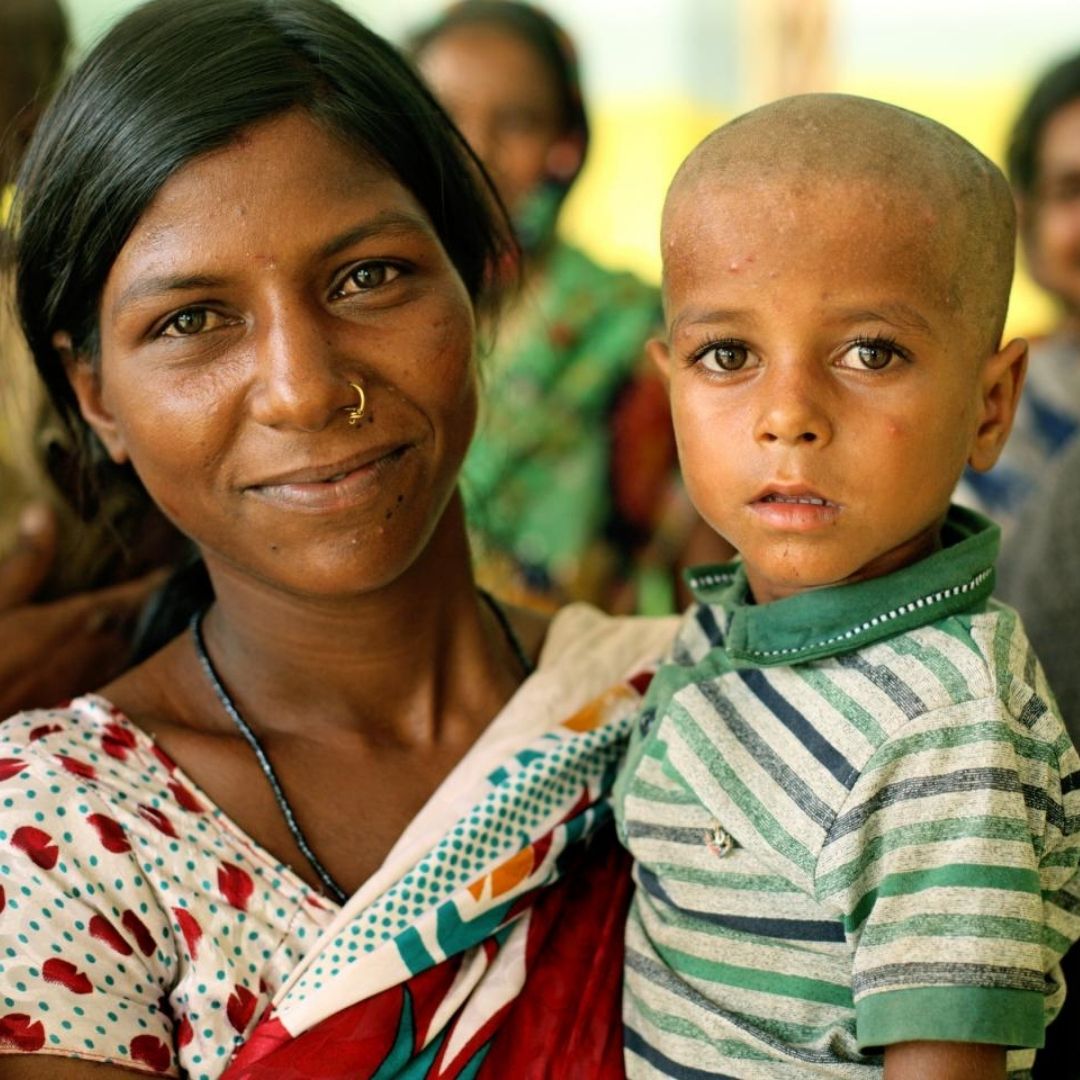
Image Credits: UNICEF India
Kerala Govt Launches Initiative To Improve Health Of Tribal Women, Plug Infant Deaths
Writer: Tashafi Nazir
For most people, journalism sounds hectic and chaotic. For her, it's a passion she has been chasing for years. With an extensive media background, Tashafi believes in putting efforts on presenting a simple incident in the most interesting way.
Kerala, 6 May 2022 10:33 AM GMT
Editor : Snehadri Sarkar |
While he is a massive sports fanatic, his interest also lies in mainstream news and nitpicking trending and less talked about everyday issues.
Creatives : Tashafi Nazir
For most people, journalism sounds hectic and chaotic. For her, it's a passion she has been chasing for years. With an extensive media background, Tashafi believes in putting efforts on presenting a simple incident in the most interesting way.
In April 2022, the health department launched a comprehensive programme for all newly-wed tribal couples. The initiative aims to improve the health of tribal women and helps to prevent neonatal deaths and kids born with genetic disorders.
Attappadi, Kerala's only tribal block, has been reporting a considerable number of infant deaths over the last decade, mainly attributed to malnutrition and health issues of mothers.
Data from the state integrated tribal development project (ITDP) reveals that at least 137 tribal infant deaths have occurred since 2012. In addition, there have been nearly 300 abortions, 90 intrauterine deaths and 21 stillbirths during this period. As an outcome, the tribal population in the region has been reducing alarmingly.
The Kerala government has now started a new initiative to address this issue. In April 2022, the health department launched a comprehensive programme for all newly-wed tribal couples in Attappadi block. The initiative aims to improve the health of tribal women and helps to prevent neonatal deaths and kids born with genetic disorders.
The government launched the pilot scheme in the Sholayur panchayat, which is part of the Attappadi block, The Indian Express reported.
Covers All Eligible Couples
The comprehensive health programme for tribal people covers all eligible couples, especially newlyweds. Under this initiative, couples will go through a health screening to diagnose genetic disorders or diseases before they start planning a baby. The screening involves tests for sickle cell disorder, thyroid stimulating hormone, complete blood count, Rh factor, Diabetic Mellitus, Hepatitis B Surface Antigen, Hepatitis C Virus, BP and BMI. Based on the health data of each couple, the state government will provide specific interventions. In addition, the health parameters of the couples will be constantly monitored. Besides medicines, they will be given educational sessions on reproductive and child health, drug abuse and family planning.
Ponnuswamy and Kalpana, who have been married for three years and are now expecting a baby, are one of the first beneficiaries. They are undergoing pre-pregnancy health screening, which was otherwise quite rare in Sholayur.
At the two such health camps conducted in Sholayur public health centre, many tribal couples were screened, and it was found that nine of them were anaemic, three suffered from thyroid deficiency, 10 had sickle cell disorder and nine were infertile.
Tablets Given Before Pregnancy
Based on the test results, the health department has charted out interventions and constant monitoring of different parameters of all the couples concerned. Folic acid tablets are being given to women even before they plan pregnancy.
Underscoring the importance of this intervention for tribal ppulation, Palakkad's District Medical Officer (DMO) K P Reetha said, "Only healthy couples can give birth to healthy children. We need to understand their health conditions and genetic disorders before they start planning a baby. Moreover, maternal underweight is a major issue, which will be addressed through this screening."
The DMO stated in the absence of this programme, couples would turn up before the clinics only after they had become pregnant, sometimes not even then. In such cases, effective intervention to improve the mothers' health was impossible because the pregnancy was already in an advanced stage.
"We want to focus more on all eligible couples to address the problem of infant fatalities. In the next stage, we would take this health screening down to the level of adolescent tribals," the DMO added.
Seeking Timely Medical Care
The particular issue is that tribal couples are often hesitant to seek timely medical advice.
"We have not registered our marriage legally or performed any rituals. Therefore, we have been reluctant to approach ASHA workers. Some women are still hesitant to disclose even when they are pregnant in our colony. It is only by the size of a woman's belly that other people come to know about it,'' said a couple. They have been living together for the last three months and had visited the screening camp at the Gonchiyoor health sub-centre.
According to health workers, the reason for this reluctance is that many tribals believe that if their pregnancy gets disclosed, somebody will perform witchcraft and harm their baby.
Dr Dhanya Raman, a gynaecologist at a government tribal speciality hospital in Attappadi, said that many women do not come forward during the first trimester of their pregnancy due to this belief and the delay is often immensely damaging.
"The ideal time for taking folic acid tablets is before conceiving or during the first trimester. If the couples are hesitant, it limits effective intervention. When genetic disorders or other problems remain undetected, treatment becomes risky at an advanced stage of pregnancy," Dr Raman said.
Also Read: RRB-NTPC Exams: Indian Railways To Run 65 Special Trains For Ease Of Candidates
 All section
All section














